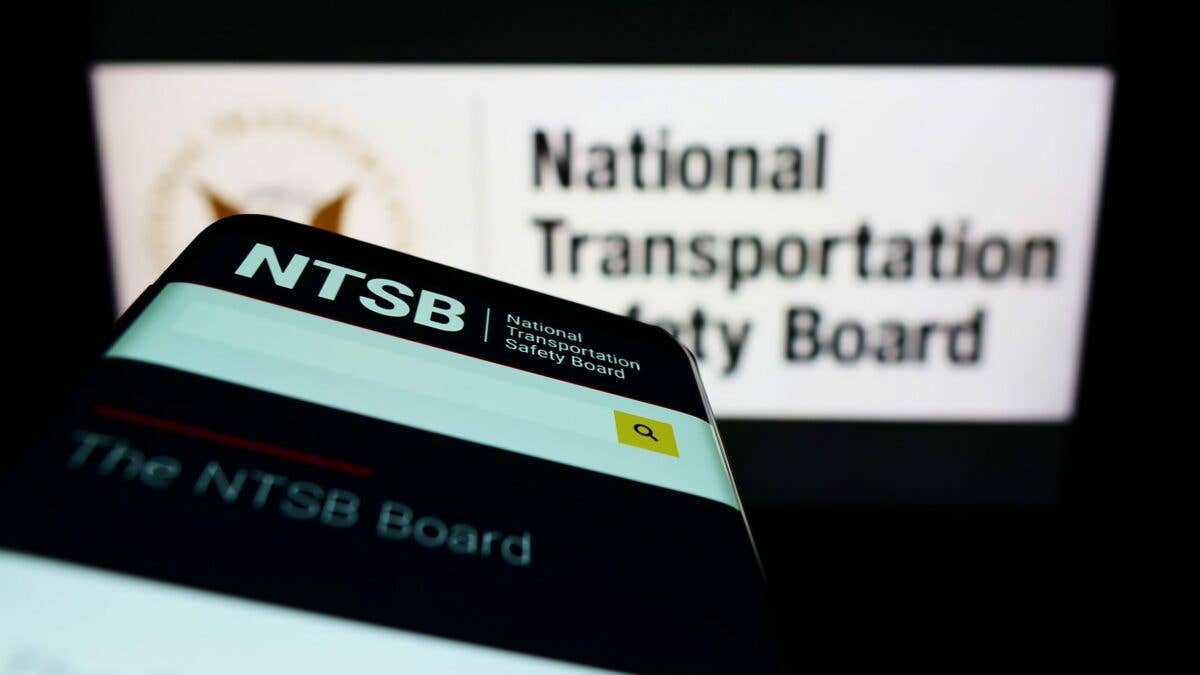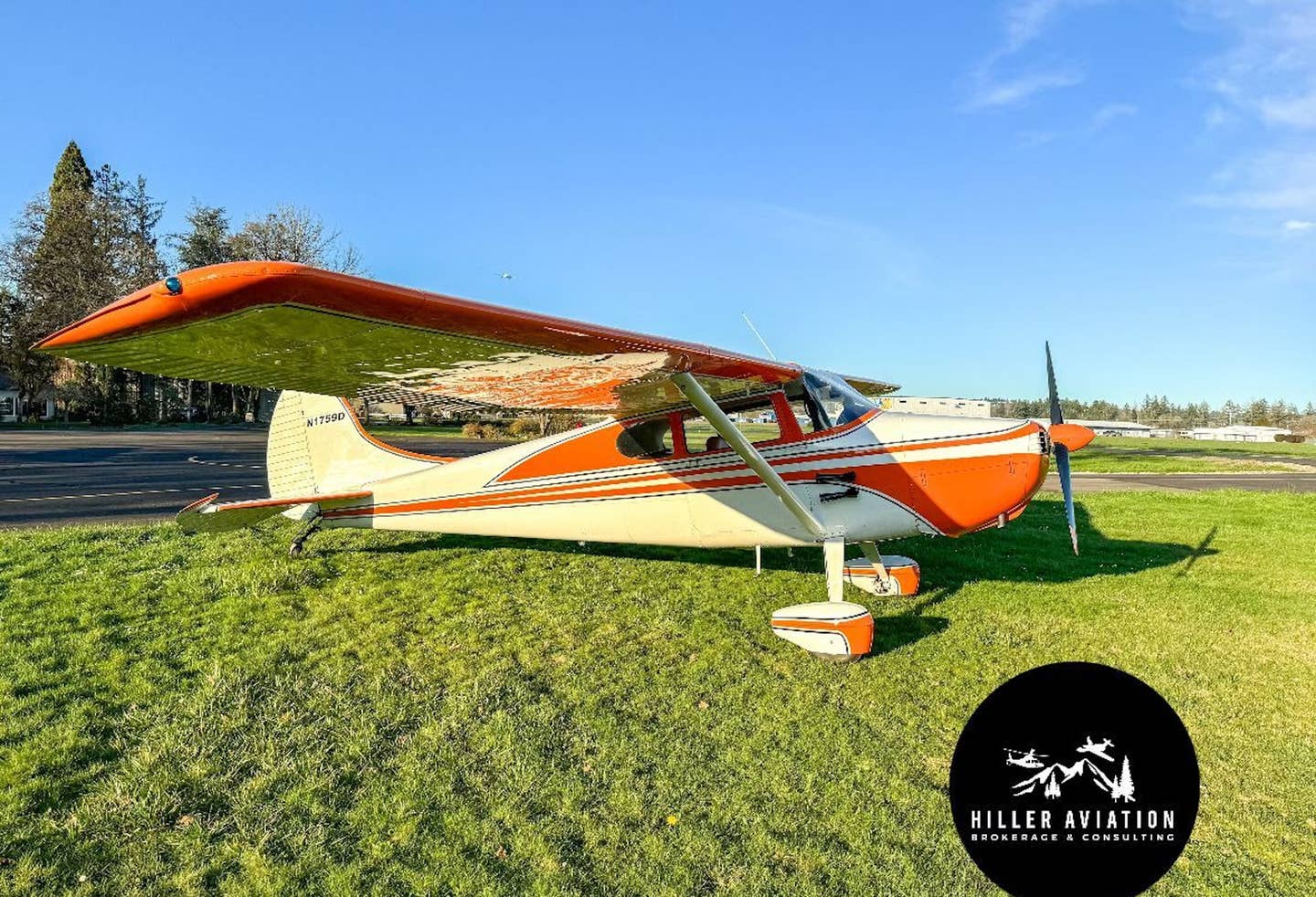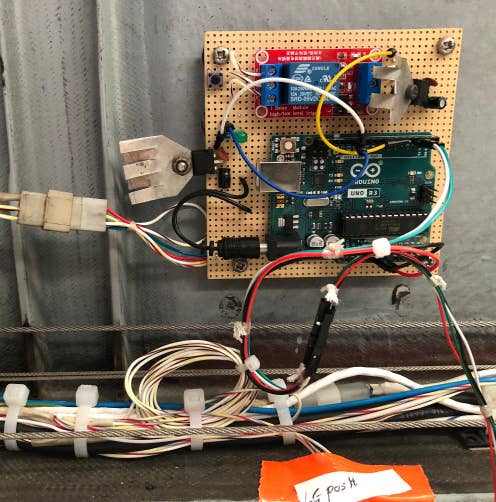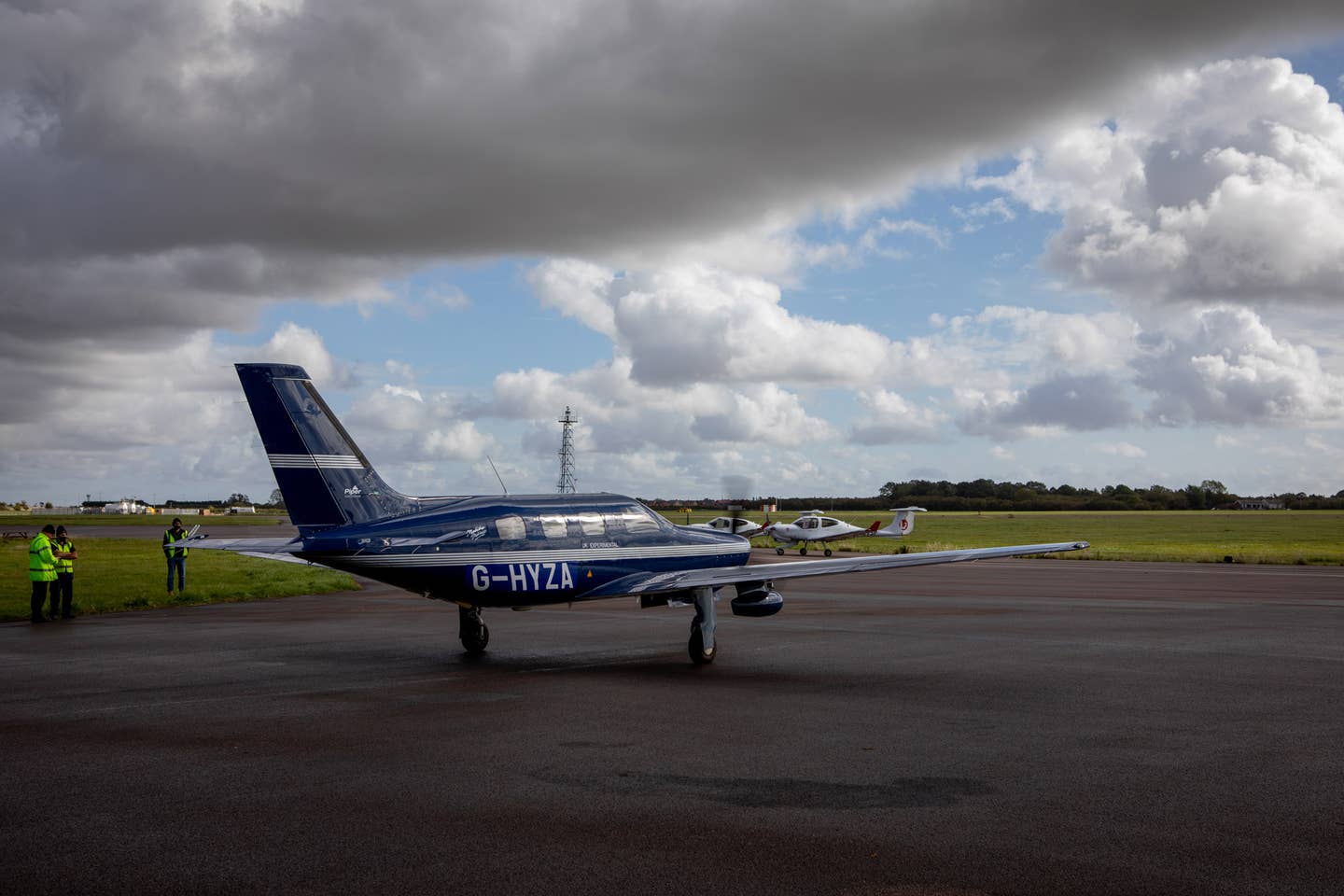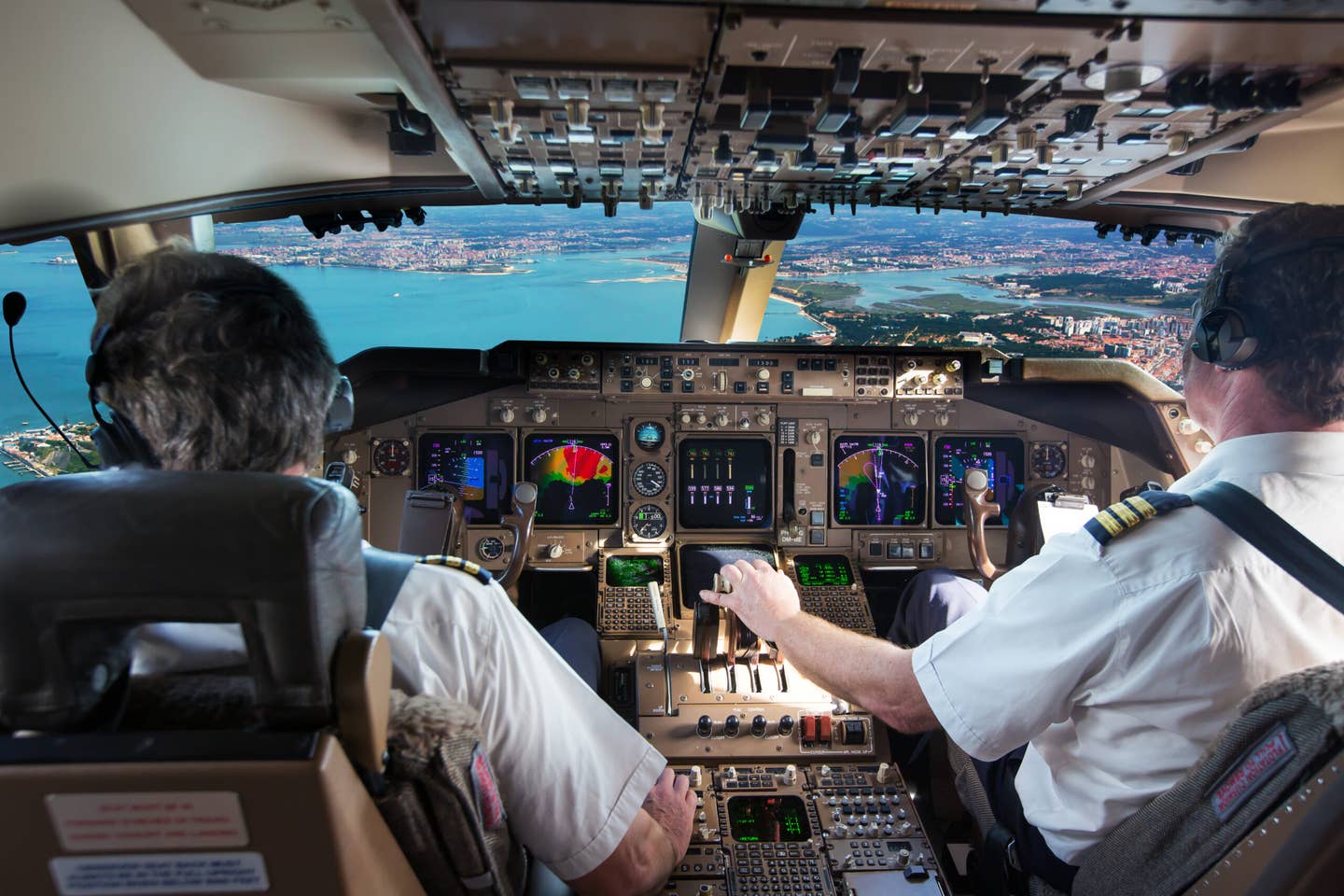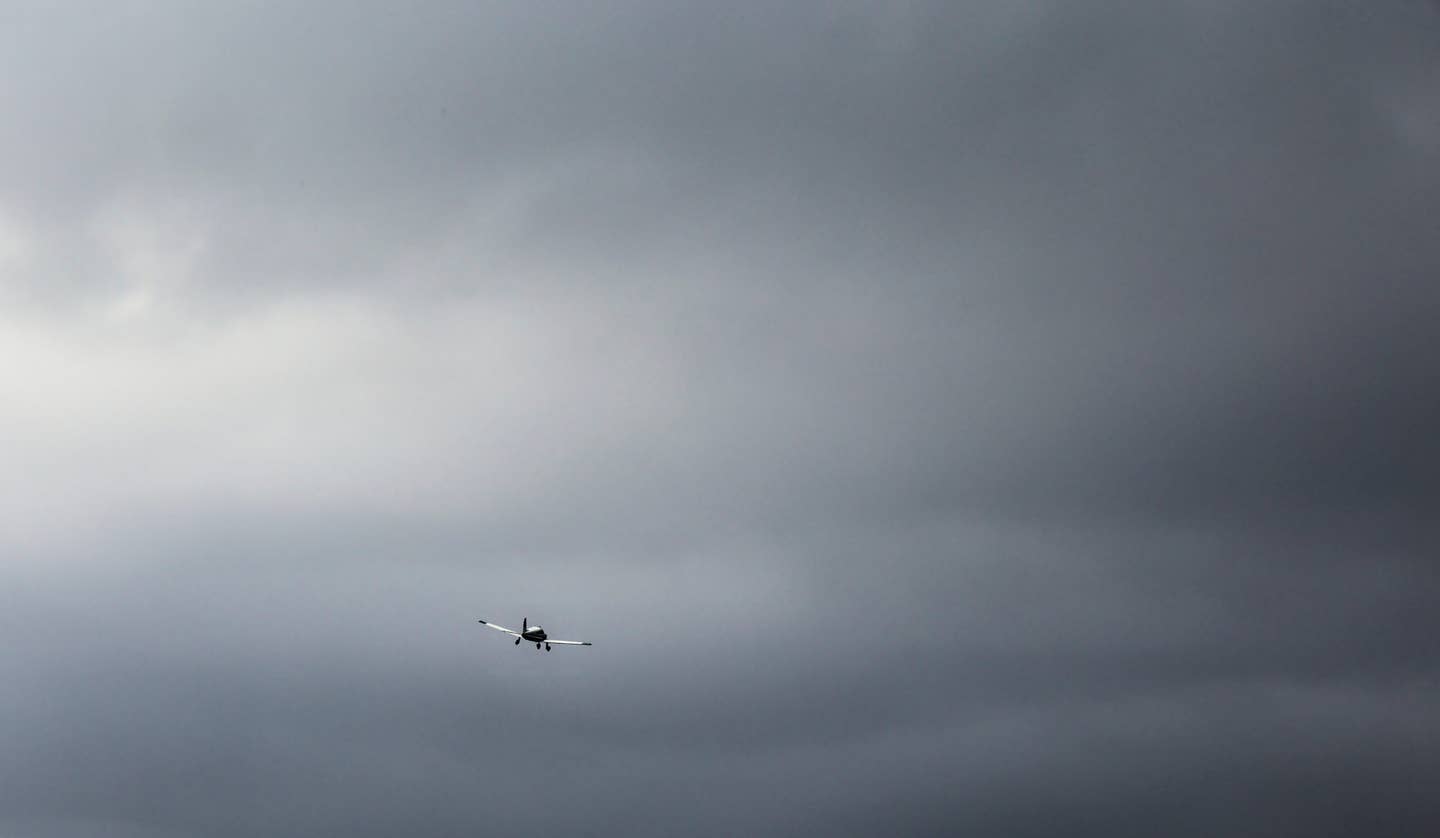
Though it’s been many years, the memories live on. Courtesy Peter Garrison
Almost 50 years ago, Nancy and I and a couple other would-be hippies, brother and sister, flew to Baja California, Mexico, in a Beech Musketeer, N298M. Whatever happens to obliterate airplanes must have happened to that Musketeer, because N298M is now a Cessna.
My philosophy of travel is to leave as much as possible to chance, and so we had made no prior arrangements for lodging or anything else. We thought we would land at Bahía de los Angeles, which is about 300 miles south of the border, but we were delayed by a certain Tijuana customs officer’s dislike of the shoulder-length hair of the brother, which he evidently considered evidence of criminal intentions. We flew over to Mexicali and slipped in with the aid of a $20 bill.
It was late now. We were still motoring down the shore of the Sea of Cortez when the sun touched the western horizon. Single-engine night VFR is not permitted in Mexico. Below me, I saw the X of runways faintly etched into the sand beside a scalloped bay. We landed.
A dirt landing strip in a Baja California wilderness in 1971—most, if not all, of them later fell victim to the bulldozers of the war on drugs—was not to be confused with any airport you’d ever seen or imagined. It was a short scrap of bumpy, untended dirt road going nowhere. But, for better or worse, here we were.
In the gathering dusk, we pulled the airplane off to the side and walked down to the little settlement near the water. At the foot of a rocky spine that ran along its left edge were a few tiny houses; to the right was the bay, where three or four skiffs rested at anchor—motionless, as if in a painting. Along the water was a row of plywood shacks. Between the ridge on the left and the sea and shacks on the right was a flat, open area scribbled with tire tracks, and in the center of this stood a structure slightly larger than the others. A sign in block letters announced: Papa Fernandez.
Over the next 10 years, we returned many times and came to know the place well. Papa was a diminutive, desiccated old fisherman who had squatted on this sterile promontory beside the Bahía San Luis Gonzaga 20 years earlier and raised his family here. His seed proliferated exponentially, as seed does. Various sons and daughters, schooled up north at Ensenada or Mexicali, would come down and work in the cantina, of whose half-dozen tables we usually had our pick. The menu was mainly fish, dead no longer than an hour or two, and coated—owing to a profound culinary misunderstanding—with Shake ’n Bake. And there was sea turtle, then still unprotected, a succulent meat that managed to mimic chicken, lamb, beef and pork all at once.
To new arrivals, the cantina’s mere existence seemed an economic impossibility. Explanation came with the intermittent noisy arrivals of dune buggies, motorcycles, trucks—even a low-slung American sedan that limped in at night, bleeding oil from its sump. One of Papa’s sons or nephews or grandsons welded up the hole while the driver fortified himself with a few beers, and then the car burrowed away through the unpunctuated darkness.
At that time, the road down from San Felipe, south of Puertecitos, had a mountainous, rutted, potholed, boulder-strewn stretch of 20 or 30 miles, sporadically maintained by lonely souls who camped alongside it and accepted tips from the travelers crawling past. Virtually impassable by ordinary motorcar, it was manageable for trucks, which stand higher off the ground. It had once been conquered by a semitruck with a refrigerated trailer that was then parked down by the bay to store fish. One of the local men drunkenly crawled into the trailer, and there he died—frozen, I suppose, alongside his prey.
Papa’s had nothing of the conventional Mexican beach resort: no palm trees, no mariachis, no vendors of churros. It was not Margaritaville. There was no running water, and what electricity there was came from an obscure generator that kicked in at nightfall and growled on until 11. There was no communication with the outer world, and there were no accommodations.
Behind a ridge, however, there was a beach. There we lived, unrolling our sleeping bags on the cooling sand at night and waking as a blinding sun emerged from behind curtains of stone. We strolled in the slanting light, warming ourselves, while the murex shells that littered the wet sand still cast long shadows. No one came to our hidden beach; the travelers who stopped at the cantina never guessed its existence.
Read More from Peter Garrison: Technicalities
We returned many times. Life at Gonzaga Bay was simple and sweet. We would swim, play cards, read, fish and meander over the saddle for meals at the cantina, where a scratchy radio caught tunes drifting down from Puerto Peñasco, and dusty travelers told raucous tales of the horrible road. We explored and climbed the local hills to survey the bay. We watched the sea and rocks and horizon change color as the sun moved through the sky. In the lull of evening, we waited for the flash of fish jumping in the silent bay and applauded the gyres and dives of pelicans. We killed a rattlesnake once—but only to preclude its doing the same to our dog.
We made ourselves useful. We brought Papa’s relatives down from San Felipe. Once, in an emergency, we flew across the cordillera to an inland resort to fetch a couple cases of beer.
There was another settlement across the bay, Alfonsina’s, to which we sometimes flew for lunch. Comparatively, Alfonsina’s was the high-rent district; it had a much better airstrip—though high tides would sometimes flood it—and the cantina’s terrace overlooked the water. A half-mile-long line of vacation houses, some quite elaborate, lined the beach. We considered the people there a weaker species, mere sybarites.
As years passed, a modern morality play unfolded. The land on which Papa squatted was claimed by John Wayne, who wanted to turn it into a resort that we derisively dubbed “John Wayne’s Winter Wonderland,” pronouncing the quotation marks. An unctuous lawyer began to appear at the cantina. The imbalance of power was obvious. We were certain that the beach—our beach—would soon become an appendix of some high-rise hotel. But in the end, to its eternal credit, the Mexican court decided in favor of Papa. In 2001, he died, the rightful owner of his camp, at the age of 104.
For various reasons, we haven’t been down to Papa’s in many years. The last time I flew past, coming up from La Paz, the runway at Papa’s had been reduced to a shortcut for dirt bikes. On the other hand, a big turboprop-worthy dirt runway had been carved out adjacent to Alfonsina’s, and a general store had been built. On the wall above the cash register was a painting of a proposed development.
I stayed overnight at Alfonsina’s. When I left, I flew over the beach on Papa’s side. It was exactly the same as it had been decades before: silent, deserted, curled up asleep beside its companion sea. Nothing had been added, and there was nothing to take away.
This story appeared in the May 2020 issue of Flying Magazine

Sign-up for newsletters & special offers!
Get the latest FLYING stories & special offers delivered directly to your inbox

